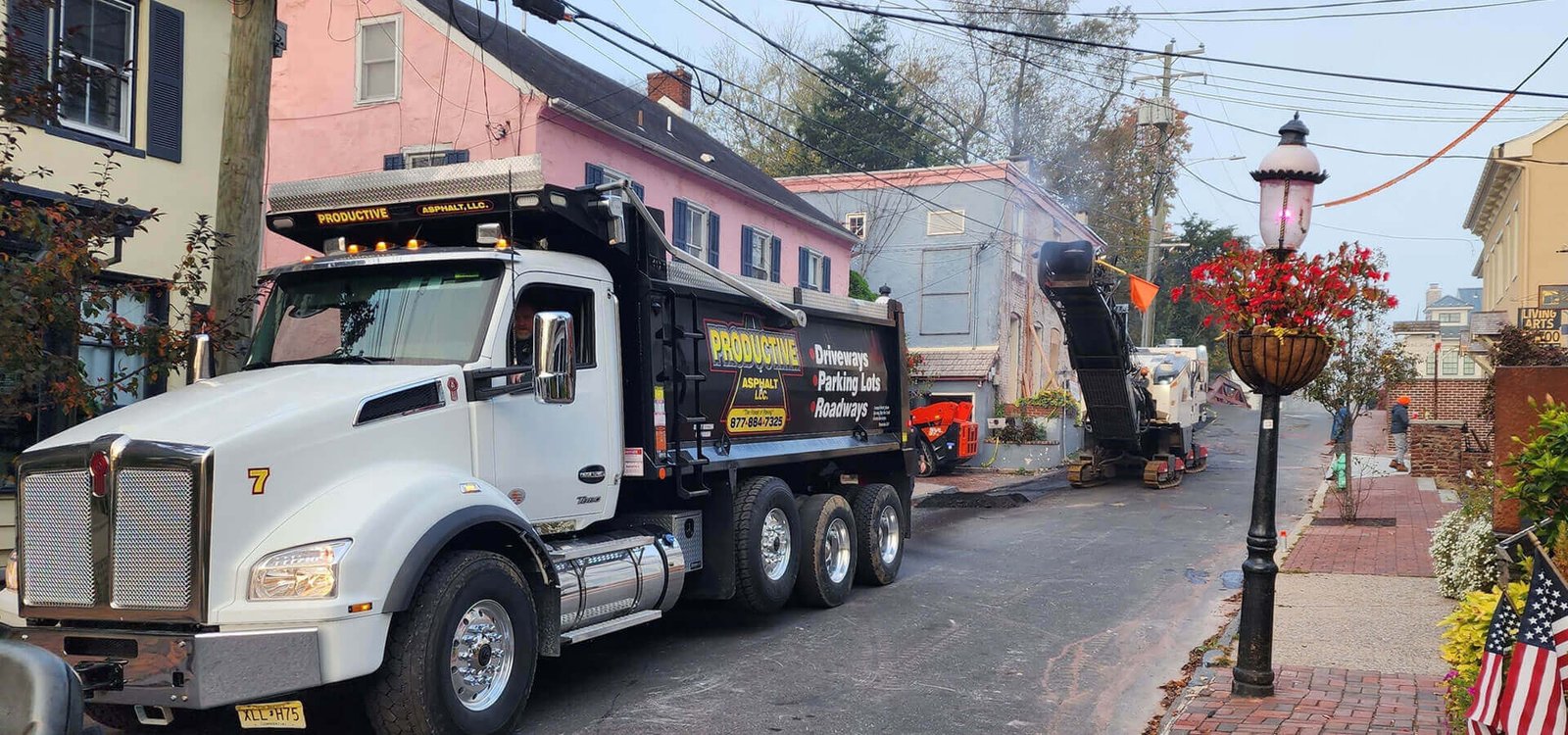Residential & Commercial Asphalt Paving Montgomery, NJ
Productive Asphalt is honored to provide Montgomery, NJ with dependable paving solutions for residential and commercial needs alike. Whether you’re planning a smooth, brand-new driveway or a durable parking lot built to withstand daily use, our experienced team offers professional asphalt installation, repairs, and maintenance tailored to your specific goals. Contact us today to enhance your property with premium, long-lasting asphalt workmanship.
Get Started Today. Call 877-884-7325
Productive Asphalt Serves Paving Montgomery, NJ & Surrounding Areas
Commercial & Residential Paving Solutions
Productive Asphalt is proud to provide reliable residential and commercial paving services throughout Montgomery, NJ, offering tailored solutions to meet the individual needs of homeowners and businesses. Whether you’re planning a new, long-lasting driveway or need a professionally constructed parking lot built to handle everyday traffic, our experienced crew is committed to delivering exceptional results. From complete installations to resurfacing, routine repairs, and sealcoating, we focus on expert craftsmanship that enhances both durability and appearance.
For homeowners, we create driveways that elevate curb appeal while standing strong through changing weather. Our commercial services prioritize safety, drainage efficiency, and smooth traffic flow, ensuring your lot or walkway is both attractive and functional. Contact Productive Asphalt today for a free consultation and let us turn your paving vision into reality.
Residential Services
• Residential Paving
• Private Roads
• Custom Paving Layout & Design
• Gravel & Grading
Commercial Services
• Parking Lot Paving
• Line Striping
• Grading & Gravel
• Crack Repair & Crack Sealing
Paving Montgomery, NJ one surface at a time!


